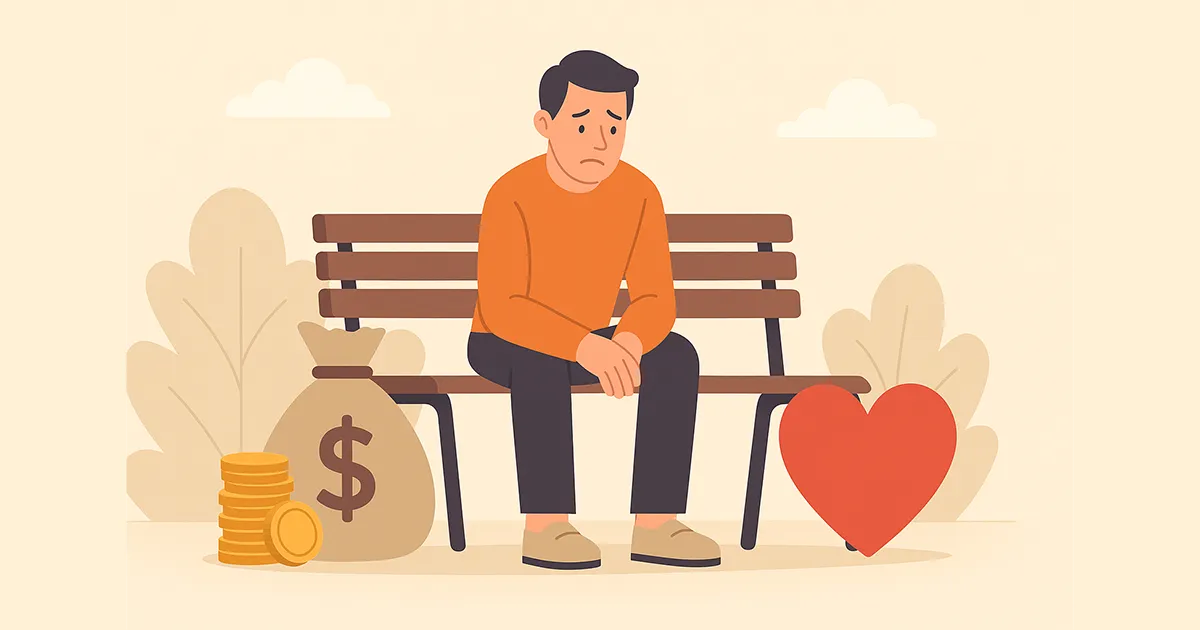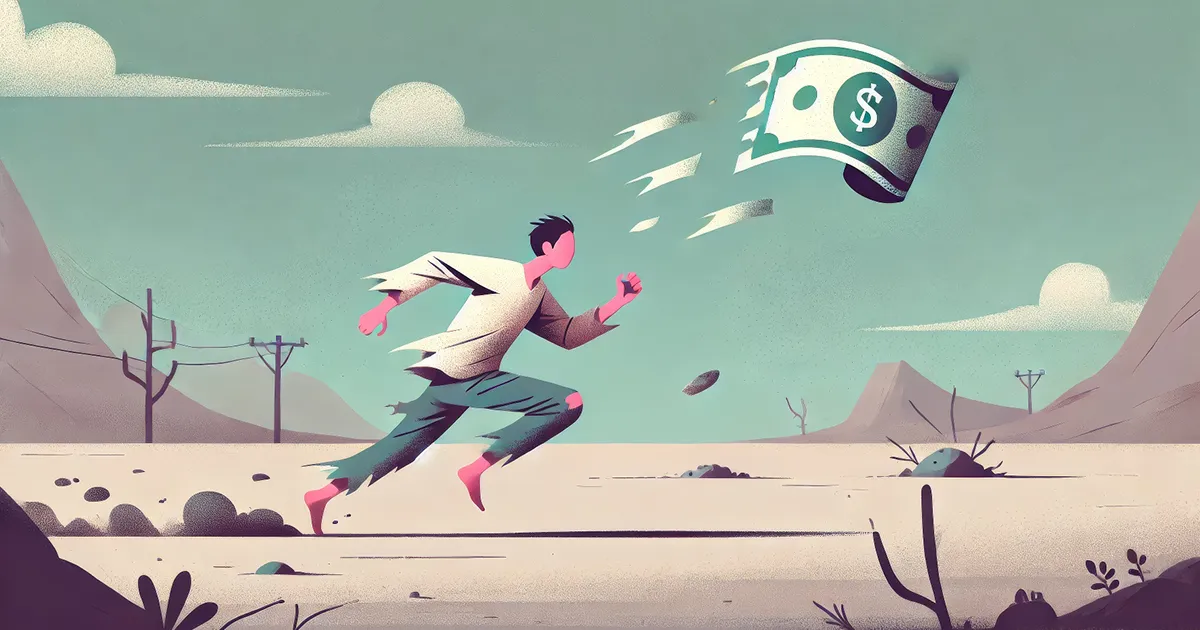
In today’s society, success is too often judged by how much money you have, the things you own, and the lifestyle you can show off online. Yet, many people with all the wealth they could ever want still feel something missing. Why? Because beyond a certain point, money stops adding to our happiness and starts becoming just a number.
This isn’t about glorifying poverty or denying the power of wealth. It’s about exploring where money adds value—and where it doesn’t. Sure, it can ease stress, buy comfort, and open doors. Yet, can it truly provide a sense of purpose, deep relationships, or inner peace? That’s where the real conversation begins.
In this post, we’ll break down the complex relationship between money and happiness. Not just the usual “money isn’t everything” speech—but a deep dive into how money shapes our lives, when it helps, when it gets in the way, and most importantly, how to make sure it serves you, not the other way around.
If you’ve ever felt caught between wanting more and wondering if it’s worth it, this is for you.
Money is powerful— it can transform situations, create opportunities, and ease many of life’s pressures. The reality is, money has its limits—it can’t fix struggles that aren’t rooted in finances.
You can have all the riches in the world and still feel lonely in a crowd. You can buy the biggest house, yet feel like something’s missing when you walk through the door. Many believe that reaching a certain level of success will bring lasting happiness—but that’s rarely the case. But for many, reaching that financial goal simply uncovers new kinds of emptiness.
What’s often misunderstood is that happiness isn’t for sale, because it’s not a product—it’s a state of being. It’s built through connection, purpose, and fulfillment—things that money might influence, but not create.
Here’s the catch: chasing money for the sake of more rarely leads to contentment. Instead, it can become a trap, constantly pushing the goalposts further. First, you wanted a decent job, then a promotion, then a bigger house, then an even bigger one. Where does it stop?
Many people who’ve “made it” financially will tell you: wealth without meaning feels hollow. The void they thought money would fill is still there, just surrounded by more expensive things.
Let’s get practical. Money does a lot—but not everything.
The Bottom Line:
Money matters, but it’s not everything. It can create a strong foundation for happiness, but it’s not the house itself. Think of it as a tool—a means to support the life you want, not the source of fulfillment itself.
Here’s a question we don’t ask ourselves often enough: How much money do you really need to be happy?
Most of us assume that more is better. But research—and real life—tell a different story. Studies have shown that after a certain point, more income doesn’t significantly increase happiness. Once your basic needs and a few comforts are met, the impact of extra money starts to fade.
The danger comes when we keep moving the goalposts. First, it’s a stable income. Then, it’s more savings. Then, it’s hitting seven figures. The real question is—how will you know when you’ve reached your “enough”?
In today’s world, it’s easy to fall into the trap of chasing status. We live in an age of social media, where success is often measured in likes, followers, and flashy displays of wealth. But behind the curated posts and luxury lifestyles, there’s a hidden truth: status is fleeting, and chasing it can be exhausting.
Happiness is Built, Not Bought
Use money to support your time, relationships, and purpose—not to replace them. Wealth means nothing if you’re too busy to enjoy it, too lonely to share it, or too empty to care.
Let’s pause for a moment.
Think back to the last time you spent money that actually made you feel good—not just for a few hours, but in a way that stayed with you.
Did it come from purchasing something costly, or was it something simpler? A trip with loved ones? A course that helped you grow? A gift you gave someone else?
Here’s the thing—money itself has no value. What truly matters is the way you choose to use your money.
When money is used to enhance your experiences, support your passions, or bring joy to others, it becomes a powerful tool—not just for survival, but for fulfillment.
But when money is spent to impress, to distract, or to fill emotional gaps, it often leaves us feeling emptier.
Things start to change when you stop wondering, “What should I get next?” and start asking, “What do I want to feel, experience, or create?”
Not all spending is equal. The most rewarding kind is intentional, rooted in values, not just desires.
We’ve long believed that having more wealth automatically leads to a happier life. But maybe the real goal isn’t about having more—it’s about needing less to feel whole.
Imagine a life where:
Because at some point, you realize—the best things in life aren’t bought. They’re felt.
So yes, money matters. But only if it serves you—not if it owns you.
Ask yourself not how much more you can earn, but how much more life you can live with what you already have.
And in that answer, you might just find the happiness you’ve been looking for.
Share with like-minded people!
Lorem Ipsum is simply dumy text of the printing typesetting industry lorem.

Money can buy comfort, but not meaning. Explore why lasting happiness depends on more than wealth, and how to live a life where money supports—not controls—you.

Discover the everyday money habits that self-made millionaires swear by. These practical strategies can help anyone grow wealth—no matter their income level.

Learn how emotions influence your spending habits and discover practical strategies to break free from emotional spending. Take control of your finances and make mindful choices that benefit your future.

Explore why people continue to fall for money scams despite warnings. Learn the psychology behind scams, recognize red flags, and find actionable steps to protect your financial future.

Discover the top 10 habits that unknowingly sabotage your financial success. These wealth-killing behaviors keep you stuck in financial mediocrity—learn how to recognize and reverse them for lasting financial freedom.